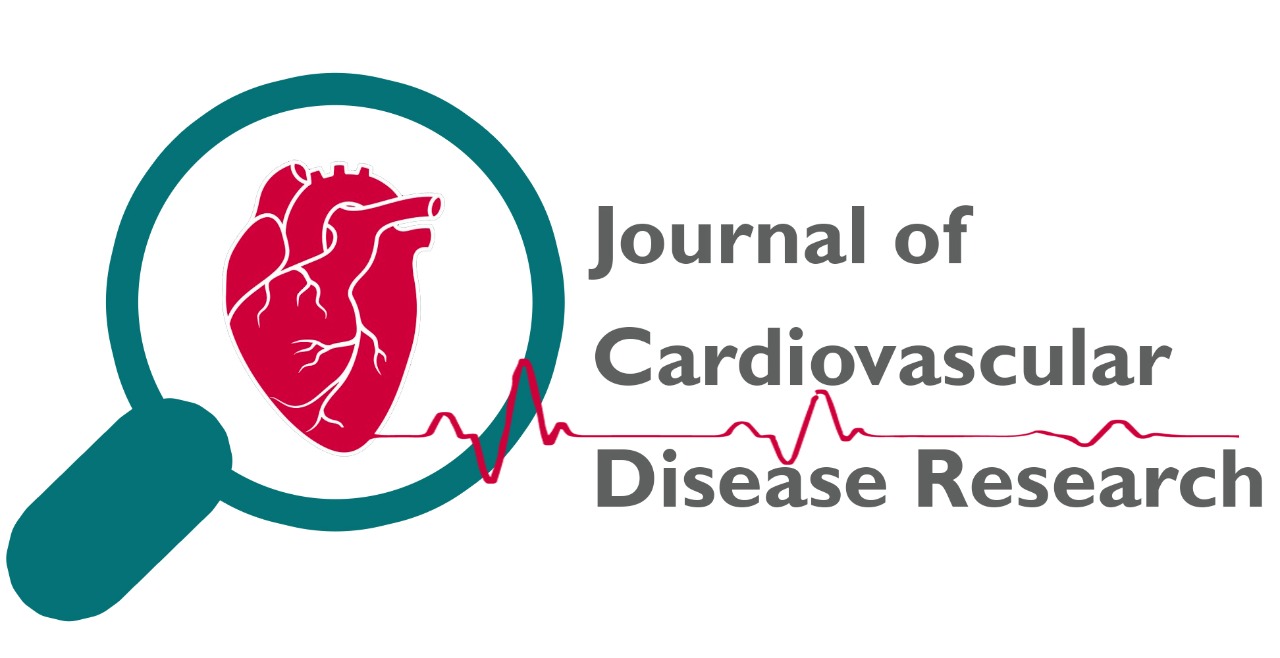
A case control study on differential expression of angiogenic factors in skin of patients with psoriasis vulgaris
Dr. Kumari Jyothi, Dr. Subashini V, Dr. Spoorthi Srinivas
JCDR. 2023: 1586-1591
Abstract
To analyse angiogenic factor expression with immunohistochemistry. Skin biopsies from those with psoriasis vulgaris and those without were analysed for levels of vascular endothelial growth factor, Von wille brand factor and CD 34. Finding the degree of neovascularization in skin samples from patients with and without psoriasis vulgaris by comparing the levels of CD 34, VEGF and vWFr. In an effort to link the expression of angiogenesis-promoting factors with the clinical severity of psoriasis as defined by the psoriasis area and severity index (PASI SCORE). Method: A case-control study conducted between July 2022 to February 2023 at tertiary care Centre. There was a total of 43 participants, including both those with psoriasis and healthy skin who acted as controls. Those who have just been diagnosed with psoriasis or who have ceased therapy for at least two months prior to the study are biopsied. Histopathology testing established a diagnosis of psoriasis vulgaris. Immunohistochemistry was used to examine the levels of vascular endothelial growth factor (VEGF), von Willebrand factor (vWF) and CD 34. Result: There was a statistically significant increase in epidermal VEGF expression in patients compared to controls (P=0.01). A higher level of CD 34 expression was seen in the study's patients compared to the controls. (p<0.01). Both the patients and the controls had low levels of von Willebrand factor expression. As with PASI score, VEGF and CD 34 expression were positively connected with PASI score (r=0.944, p0.05), as was VEGF expression and PASI score (r=0.942, p0.05). Conclusion: A substantial difference in VEGF and CD 34 expression was observed between patients and controls. Keratinocytes in psoriatic skin lesions secrete pro-angiogenic cytokines, which encourage microangiopathic changes in the psoriatic plaque. Vascular endothelial growth factor (VEGF) is one type of cytokine. Angiogenesis is implicated in both the aetiology and development of psoriasis vulgaris. Hence, it appears that the development of targeted anti-angiogenic therapy for this chronic, disabling skin disease would be beneficial.
Description
Volume & Issue
Volume 14 Issue 4
Keywords
|
This is an open access journal which means that all content is freely available without charge to the user or his/her institution. Users are allowed to read, download, copy, distribute, print, search, or link to the full texts of the articles in this journal without asking prior permission from the publisher or the author. This is in accordance with the Budapest Open Access Initiative (BOAI) definition of open access.
The articles in Journal of Cardiovascular Disease Research are open access articles licensed under the terms of the Creative Commons Attribution Non-Commercial License (http://creativecommons.org/licenses/by-nc-sa/3.0/) which permits unrestricted, non-commercial use, distribution and reproduction in any medium, provided the work is properly cited. |
|
|
|
|
|
Copyright � 2022 Journal of Cardiovascular Disease Research All Rights Reserved. Subject to change without notice from or liability to Journal of Cardiovascular Disease Research.
For best results, please use Internet Explorer or Google Chrome POLICIES & JOURNAL LINKS
Author Login
Reviewer Login About Publisher Advertising Policy Author's Rights and Obligations Conflict of Interest Policy Copyright Information Digital Archiving & Preservation Policies Editorial Policies Peer Review Policy Editorial & Peer Review Process License Information Plagiarism Policy Privacy Policy Protection of Research Participants (Statement On Human And Animal Rights) Publication Ethics and Publication Malpractice Statement Corrections, Retractions & Expressions of Concern Self-Archiving Policies Statement of Informed Consent Terms of Use |
Contact InformationJournal of cardiovascular Disease Research,
|




